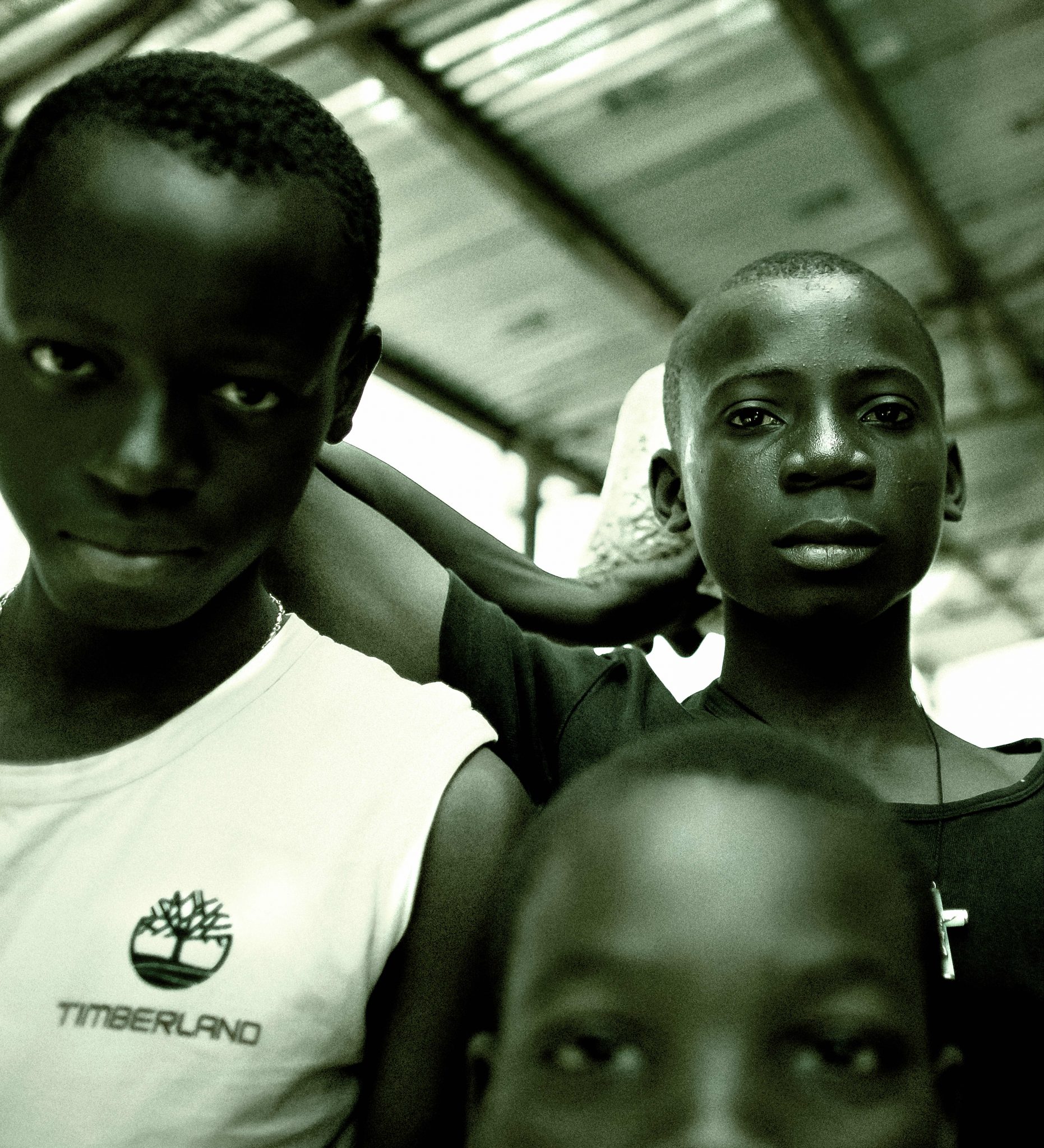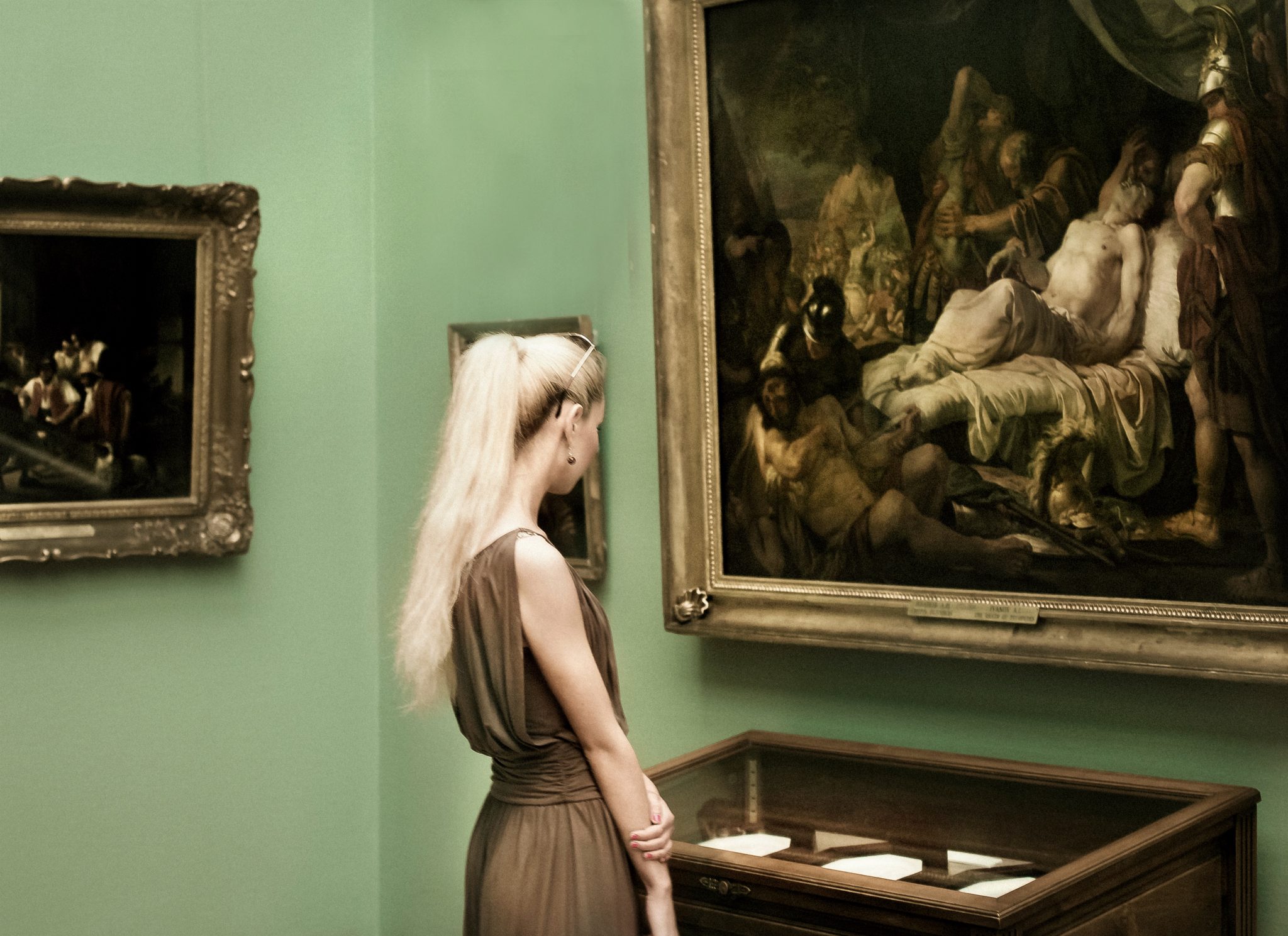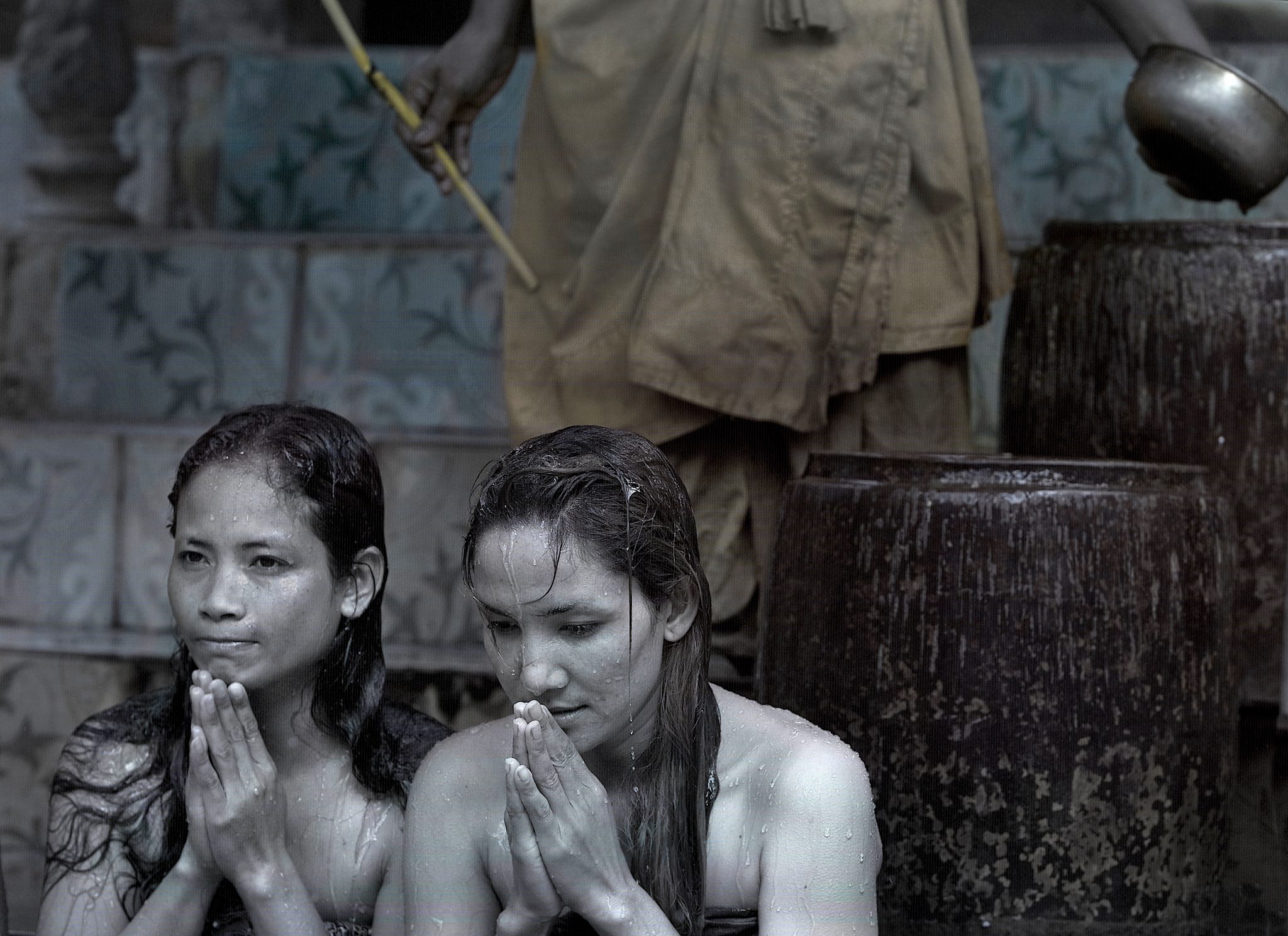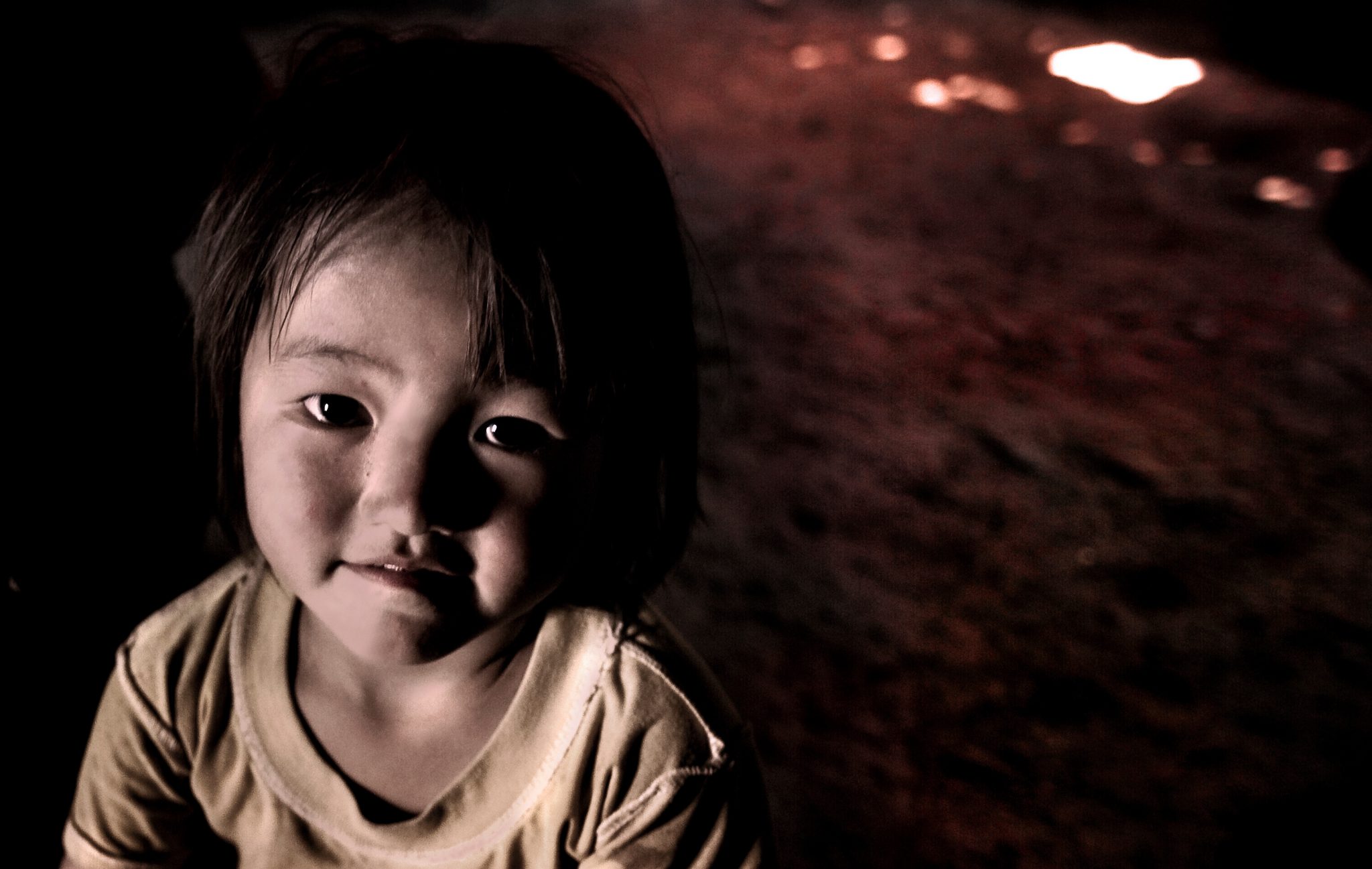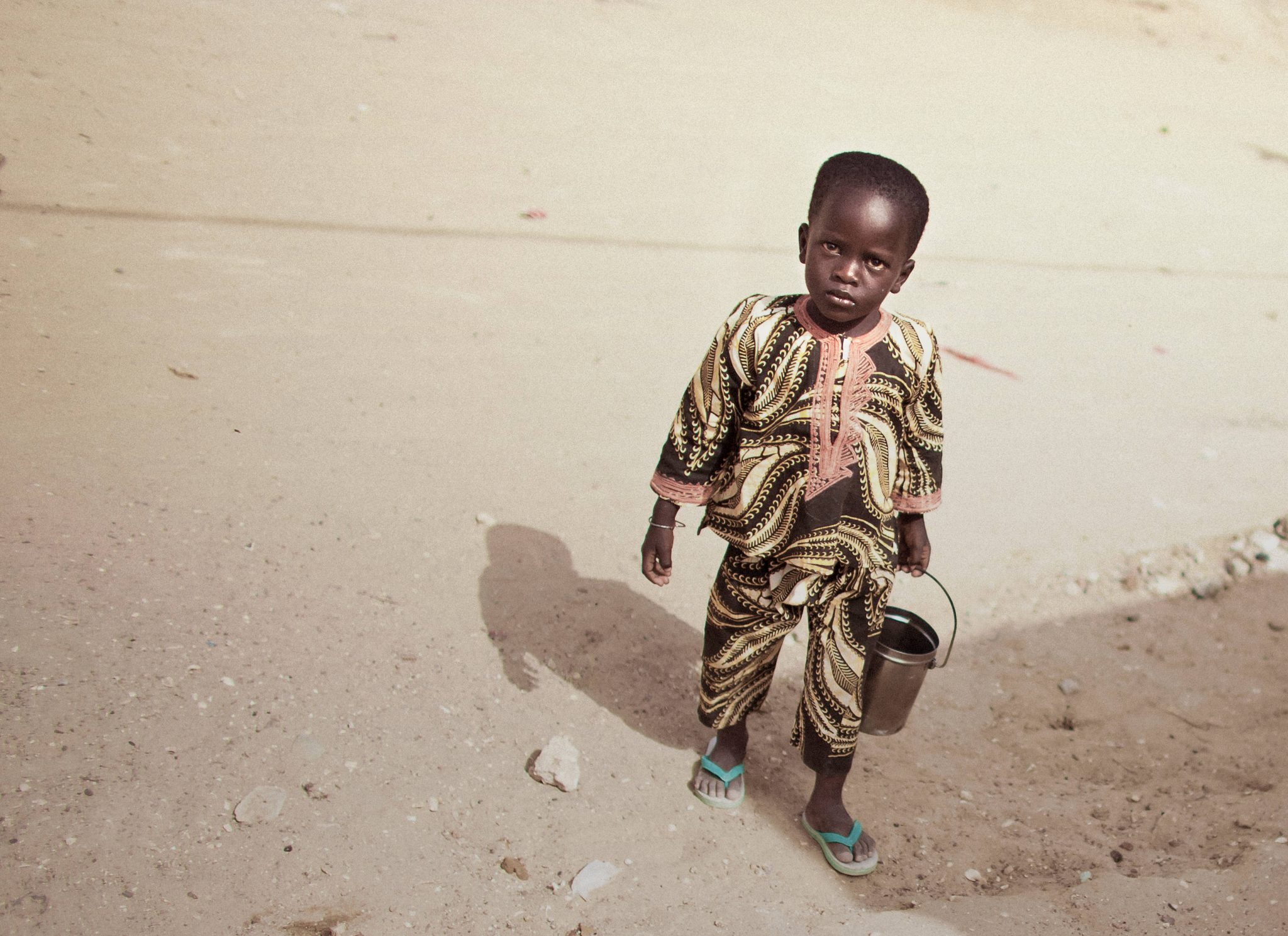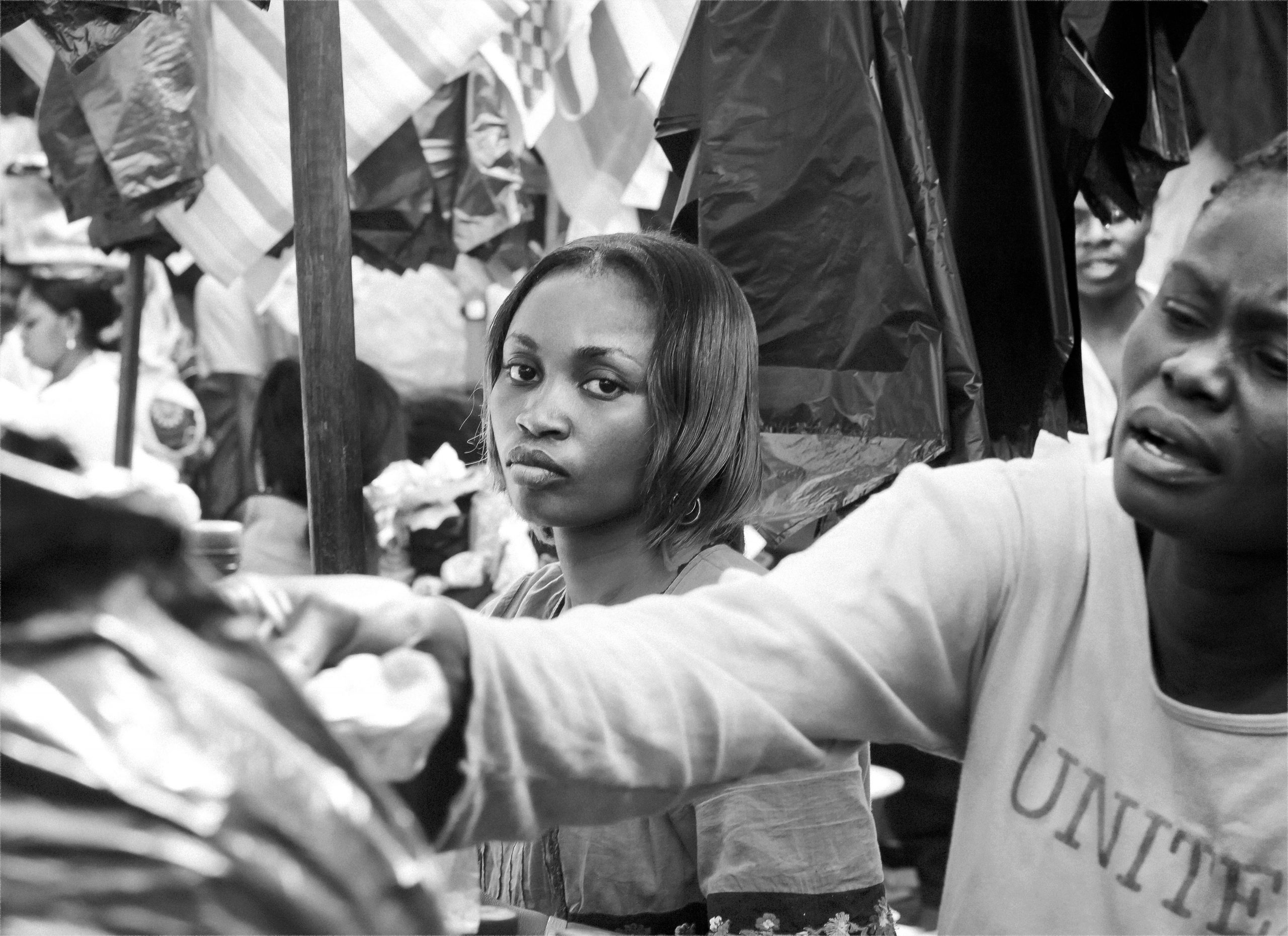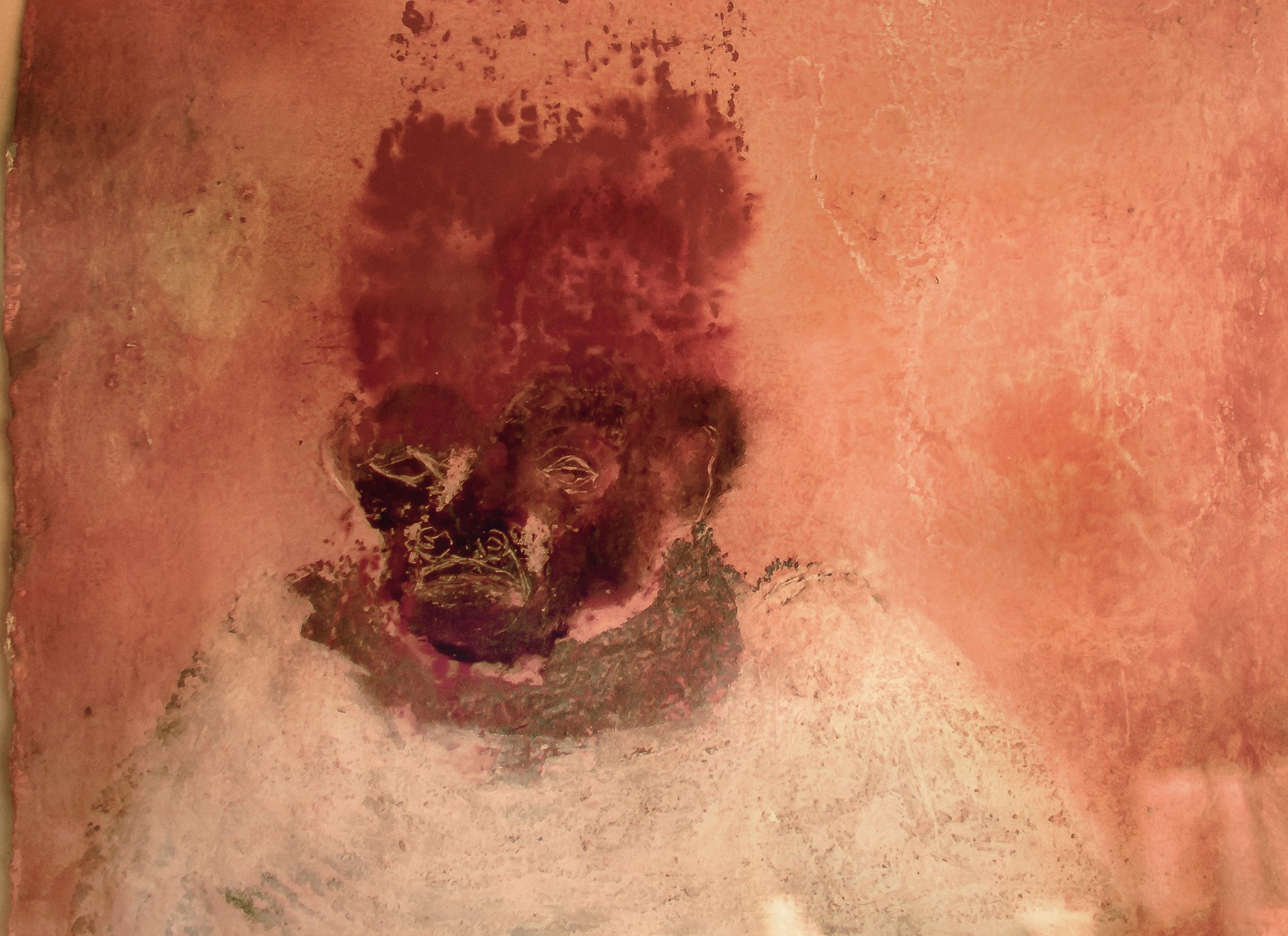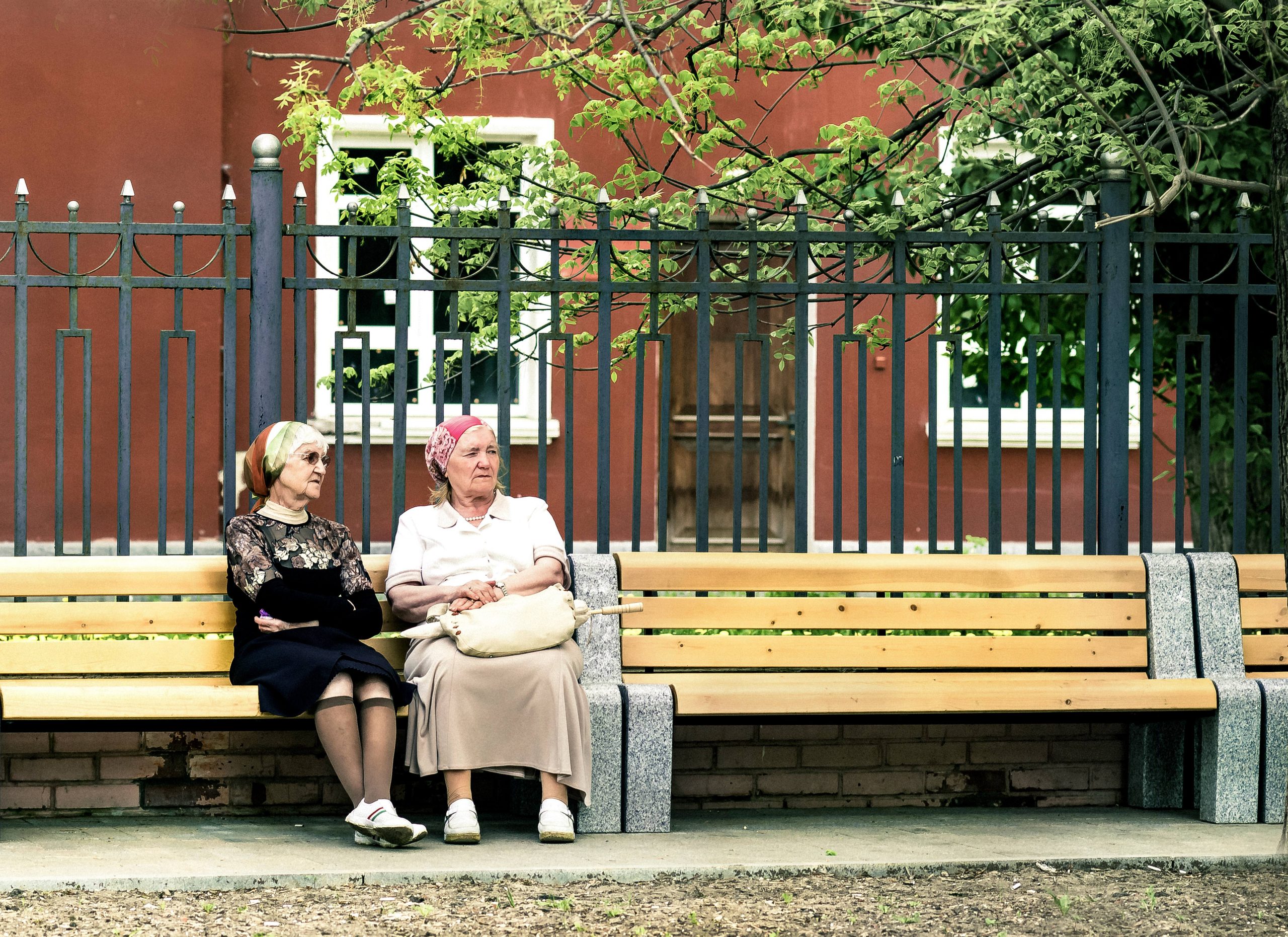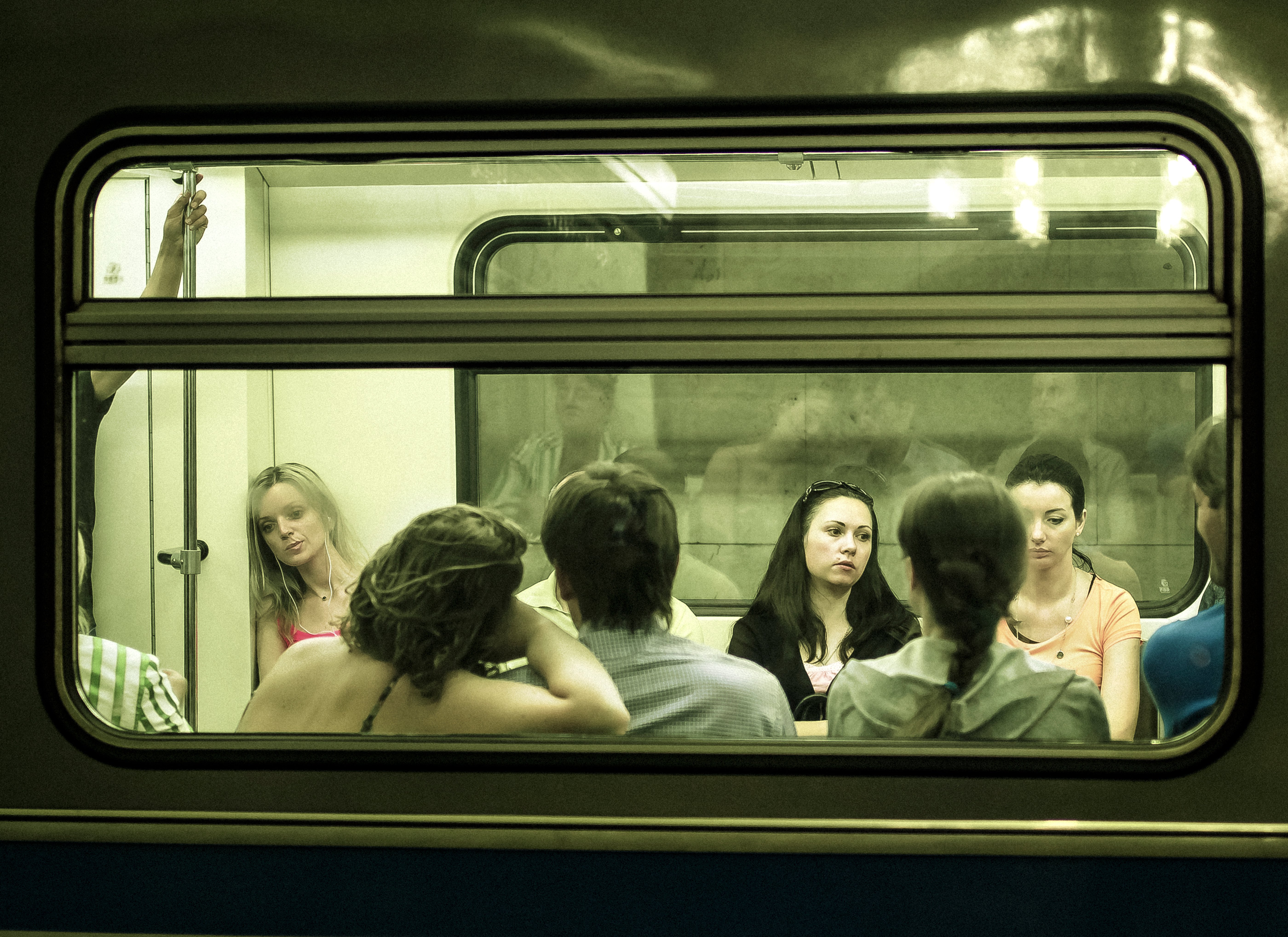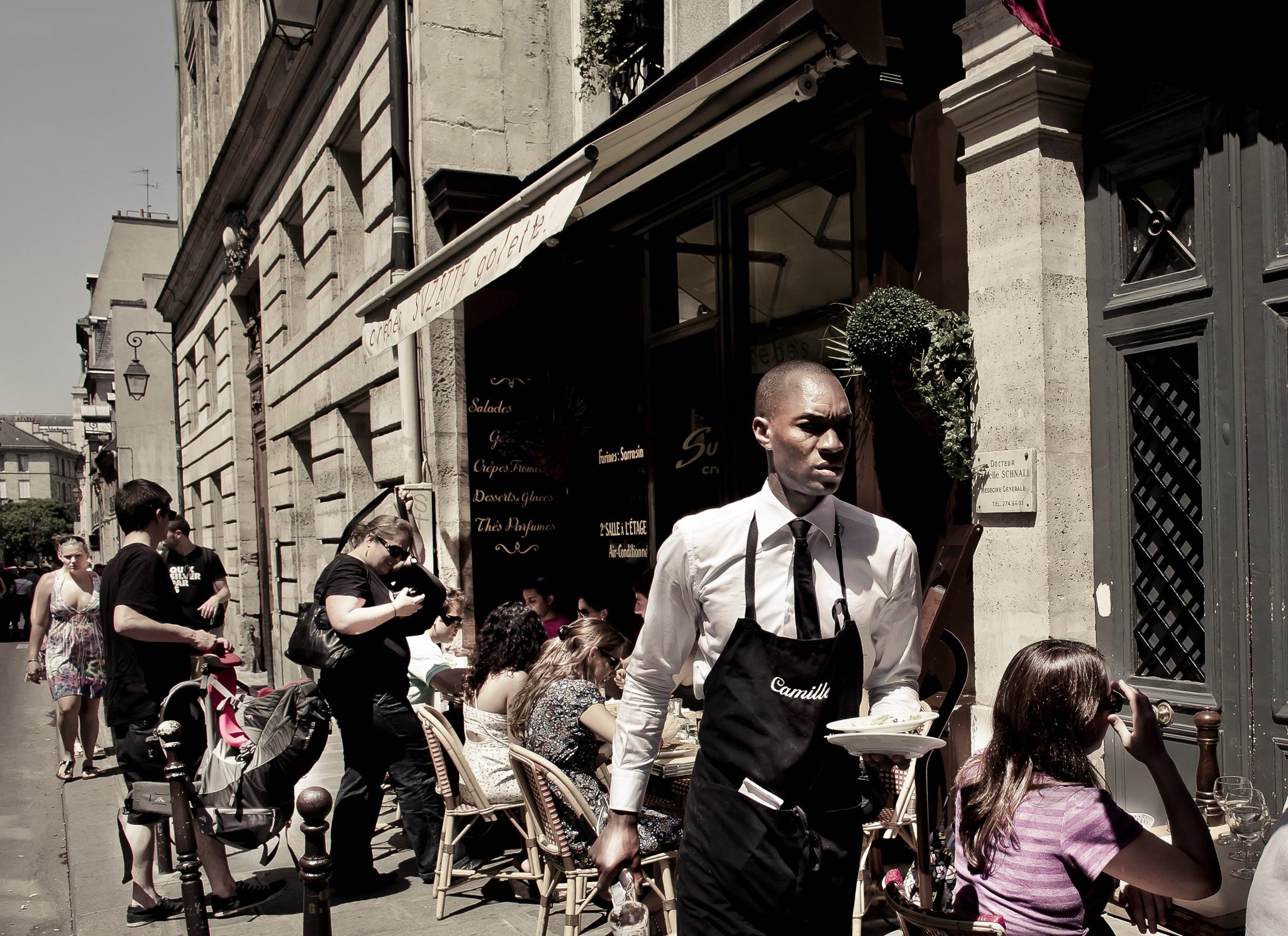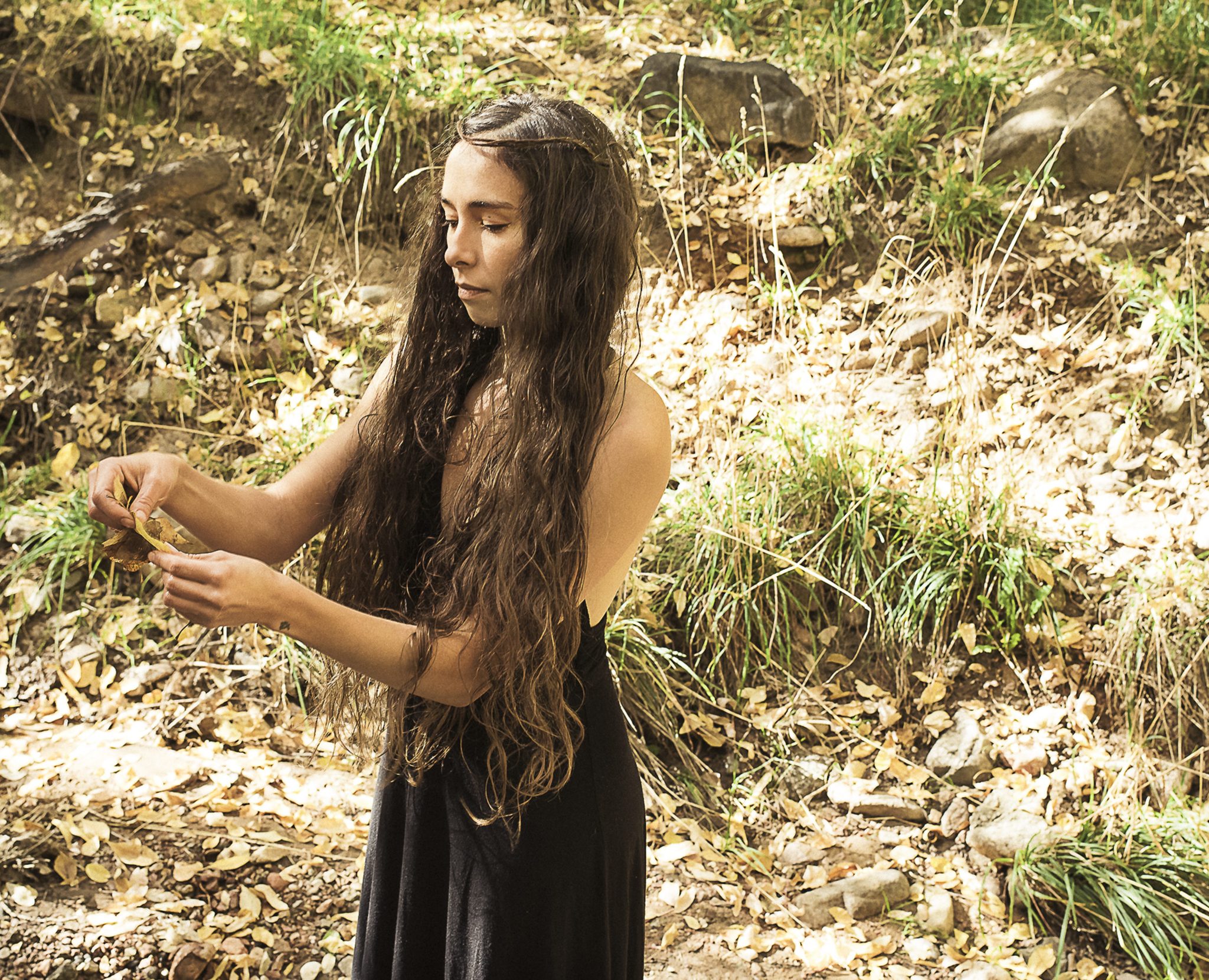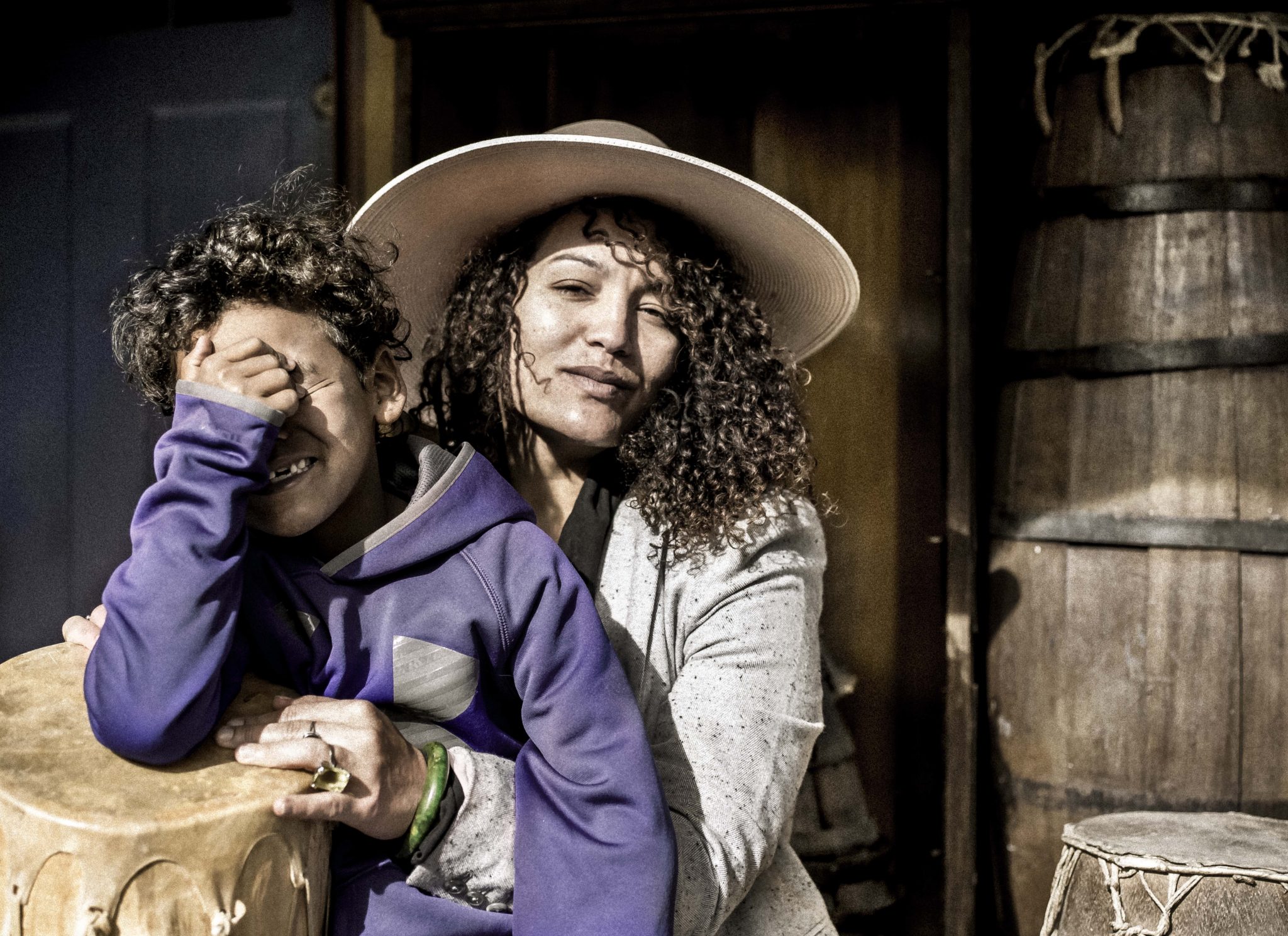
One Morning at the Flemish Market
Tourists already had started appearing on the streets next to the town square, or markt, as it was known in Flemish, wearing clothes they selected for the warm weather. The men dressed in shorts and polo shirts, the women in light skirts and tank tops. They were coming to Tervuren on that bright Saturday morning in late July as part of a day trip from Brussels, the capital of the European Union and, also, a highly diverse city 15 kilometers to the west. Where was Chérubin?
Sylvere stood at the bottom of the markt alongside a narrow, cobble-stone street of the same name, Marktstraat. Facing the road and a row of buildings on the other side, he realized he was hungry. He turned around, now facing the markt, and looked down at the digital watch on his right wrist. It was 9:27.
When Sylvere looked up from his watch, he saw in the middle of the markt a young woman bending over a baby carriage, peering into its interior. Next to the woman stood a small girl, who held a partially-eaten, powdered doughnut in one hand and with the other tugged on the floral-print dress of her mother. The thought occurred to Sylvere that he and his wife, Josephine, never had used a baby carriage with any of their six children. They never could afford such a luxury. Either Josephine carried her babies in her arms or the older children were responsible for carrying their younger siblings.
Sylvere noticed the arrangement of the gray and pale-pink stones in alternating patterns on the ground as they extended up a gentle slope to the buildings on the opposite side of the open space. Then he noticed the restaurant, Het Park, where the previous evening he had encountered initially Penelope and subsequently Chérubin. To the right of the restaurant but slightly further away, the massive Catholic church, Sint-Jan Evangelistkerk, loomed over the center of town.
Sylvere shuffled his feet on the gray and pale-pink stones of the markt, allowing his gaze to drift further southward into the heart of Tervuren. He reached into the inside pocket of his dark-blue suit jacket and extracted his mobile phone. Bringing the device up to his face, Sylvere called his daughter, Kandgela. He hadn’t talked with Kandgela for almost three months because of a fight she had with her older sister, and Sylvere’s second-oldest daughter, Nelisha, and because of the fact Kandgela felt her father had taken the side of Nelisha.
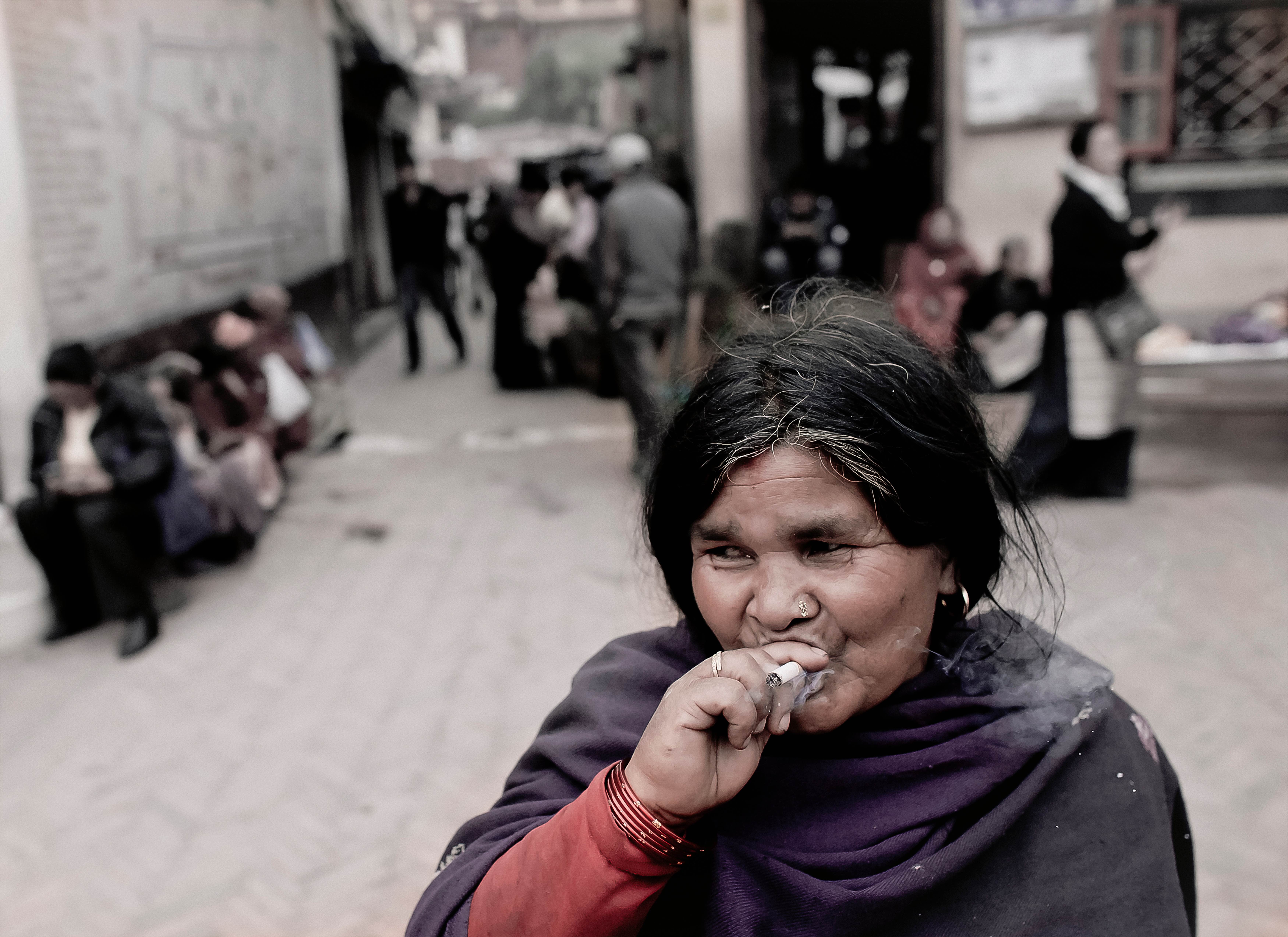
When Kandgela answered, Sylvere assured his daughter he supported her decision to become engaged to the young man from Ireland, Joseph, a soft-spoken English teacher as well as a talented musician, and to rebuff the attentions of her other suitor, the young man from Germany, Klaus, an ambitious businessman who lived a fast, sometimes reckless life.
“How do you know this man, Justin Kabumba, who claims he has information for me?” Sylvere asked then, still speaking to his daughter in French.
“I don’t,” Kandgela replied, also in French, “as I told you.” She paused, realizing she would have to remind her father what she already had mentioned the previous day in her text messages to him. She understood he probably had discounted everything she had said. She was not his favorite daughter, she admitted. “Justin is a connection from Facebook,” she stated before pausing again. “A year or so ago, I accepted his request to connect with me,” she added, “because he is a teacher at a school in Kinshasa with which my school in Paris has a joint educational initiative, even though it’s more symbolic than anything else.”
“Where in Kinshasa is Justin’s school?” Sylvere asked. He looked around the markt.
“In the suburb of Lemba,” Kandgela replied, “not far from the university.” She paused. “In fact,” she continued, “the principal of my school, a Senegalese woman in her early 60s, traveled to Justin’s school just a few months ago as part of an official delegation to Kinshasa organized by the French government.”
Kandgela stopped talking, waiting for a comment from her father.
But Sylvere remained silent.
“As it turns out,” Kandgela resumed, “Justin is one of the teachers my principal met while she was there. My principal, Ms. Awa, apparently has stayed in contact with Justin.”
Sylvere still didn’t speak.
“He is a well-regarded music teacher,” Kandgela added, “but he is, in addition, a prominent human rights activist. Apparently, he and his fellow activists are known for their work helping women across Congo launch small businesses in their communities and, then, keep their small businesses going.”
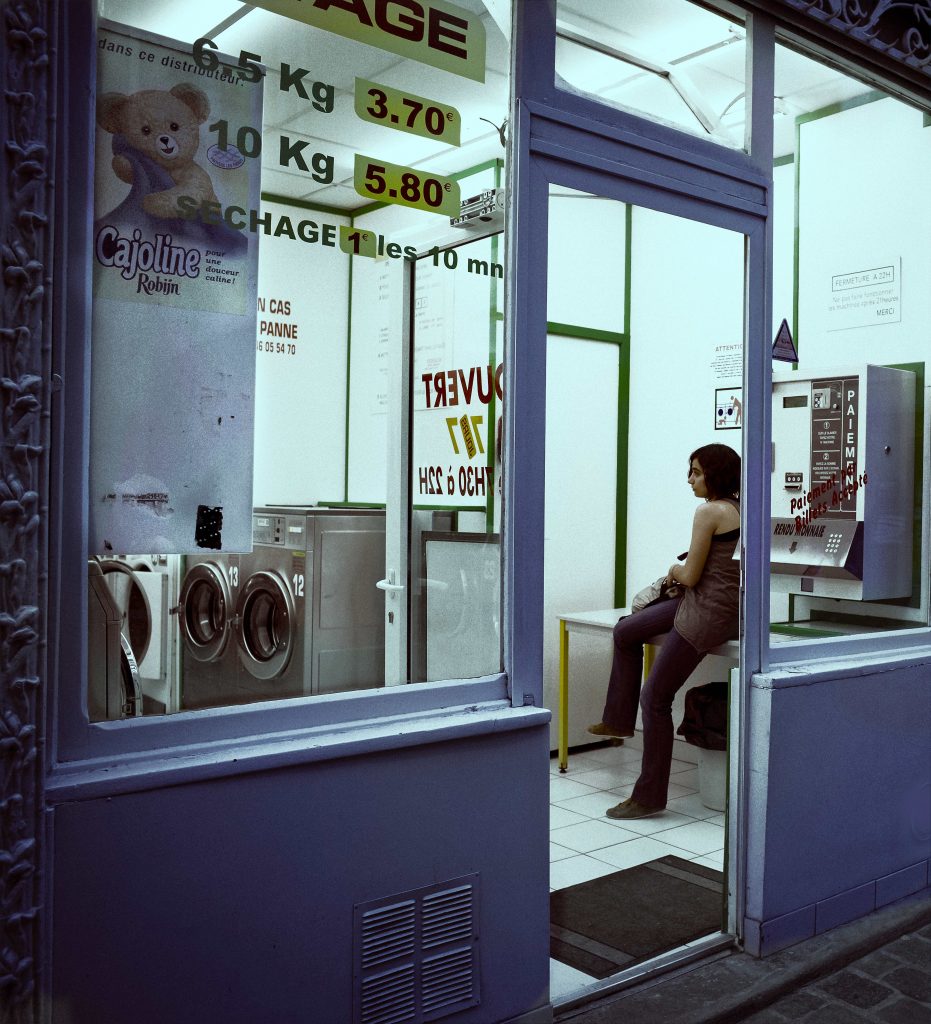
“How is Justin connecting me to Ronald?” Sylvere asked, speaking at last.
“I don’t know,” Kandgela replied. She paused. “Oh,” she said, “I have to go.” She paused again. “Joe is here,” she resumed. She paused a third time. “I’m going to send a message to Justin through Facebook,” Kandgela concluded before hanging up the phone with her father, “and let him know how to contact you directly using WhatsApp.”
Sylvere started walking along the bottom of the markt parallel to the narrow, cobble-stone street. But he didn’t see the peaceful town of Tervuren before him. Rather, he saw the chaotic apartment block in Lemba where he had lived while attending the Université de Kinshasa so many years before.
Suddenly, Sylvere became aware of a large, seemingly brand-new Mercedes Benz sedan moving at a very slow pace alongside him in the narrow street bordering the markt. Out of the corner of this eye, he noticed the window of the passenger door sinking into its frame.
“Do you want a ride?” said a voice in French.
Chérubin sat behind the steering wheel of the luxurious automobile. He wore, as he had worn the day before, an expensive suit with a black button-down shirt but not a tie. However, this suit was not gray like the previous one had been. Rather, it was of a dark-blue material with a metallic sheen.
Sylvere, who was peering through the now open window at the impressive looking African man but who continued walking slowly along the side of the road next to the markt, reached for the handle on the passenger door of the vehicle.
“I was wondering when you were going to show up,” Sylvere said. The large car came to a stop on the cobble stones of the narrow street. Sylvere opened the door and sat down on the front seat across a center console from Chérubin. As Sylvere shut the door, Chérubin set the car in motion again. He accelerated down the narrow street before turning left onto a wider street and passing a sign indicating the route to Leuven, the other principal town of Flanders, located 20 kilometers east of Tervuren.
“I hope you had an interesting conversation with the American journalist in the park,” Chérubin said. He glanced at Sylvere.
Sylvere didn’t respond immediately. He stared straight ahead, peering through the windshield of the car into the road ahead and confronting once again, as he had done several times already in the previous hour, the significance of the journalist’s revelations. If Chérubin was feeding information about his boss, Anna, one of Africa’s richest people, to a humanitarian organization and also, apparently, was aiding a journalist in his investigations, what did the chauffeur and bodyguard know about his boss and what was he hoping to accomplish?
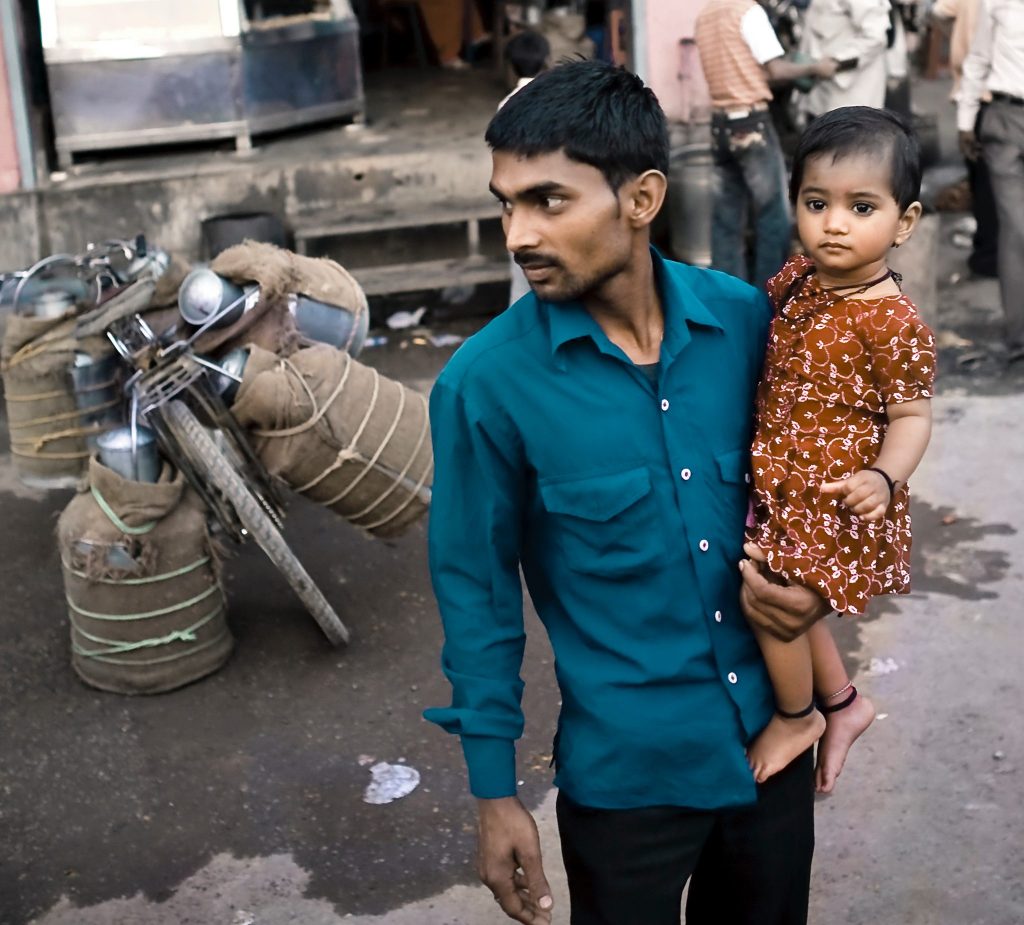
“Yes,” Sylvere replied finally, turning his head to the right and allowing his gaze to drift out the passenger-door window across a field of tall, green grass toward a cluster of beech trees in the distance, “it was very interesting.” He paused, still grappling with questions about the younger man sitting next to him. Where did his allegiances lie? What was his motive? Then, inevitably, Sylvere arrived at the question which had become familiar to him over the past few days. “What does he want from me?” Sylvere asked himself in Kikongo. “In fact,” Sylvere added, speaking out loud in French this time, “I’ve had many interesting conversations lately.”
The two men now were moving at a high speed down a two-lane highway directly into the light of the sun as it continued its ascent in the eastern sky.
Chérubin kept his eyes on the road. Sylvere raised the bottle of water he still carried in his left hand to his lips, recalling how he had received the small, un-opened plastic bottle from the American journalist, Leon, half an hour earlier in the park. His view, then, as registered in his mind’s eye, shifted to the park for a moment.
When Leon had revealed he was investigating Anna, he added he was pursuing various lines of inquiry as he worked to establish connections between the militias shedding the blood of men, women, and children across eastern Congo and the business and political leaders who controlled the mines and the profits derived from the sale of precious metals and minerals.
“I thought we would eat breakfast at a restaurant I know in Leuven,” Chérubin said, taking his eyes off the road for a moment to adjust a setting on a control panel above his head.
In that moment, Sylvere turned his head to the left and looked at Chérubin, studying the younger man’s face. It was calm. It showed no expression. In the morning sunlight, the color of the smooth skin had turned from black to gold.
Sylvere realized, as he examined Chérubin’s face, he had to trust his instincts.
“You hungry?” Chérubin asked, meeting Sylvere’s gaze.
Nodding at the younger man, Sylvere slowly turned his head back to the right. He rotated it all the way to the right so that his gaze drifted out the passenger-door window again, but this time he looked closely at the fields of green grass along the edge of the road.
“Yes,” Sylvere replied, “very hungry.” He paused, still peering through the passenger-door window and surveying a landscape of green fields which extended to the south as far as the eye could see. “The geese in the park ate all of my food,” he added. “But maybe you already knew that.” Then Sylvere made a decision. Or, more precisely, he became conscious of a decision he already made. “I don’t know where Claudette is,” he said.
As soon as Sylvere uttered those last words, he knew the real reason Chérubin was taking him to Leuven.
“Chérubin wants to make certain I don’t have any more conversations with Penelope or Serge in Tervuren,” Sylvere said to himself in Kikongo. “Chérubin thinks I’m Anthony’s best hope of finding Claudette. But he also believes I’m Anna’s best hope.”
Sylvere noticed some buildings in the distance. He assumed he and Chérubin were approaching Leuven.
“What kind of restaurant did you have in mind?” Sylvere said, speaking out loud in French and turning to look at the younger man sitting next to him. “I know the Belgians are famous for their greasy meats at breakfast. I don’t want to eat anything too heavy.”
#
